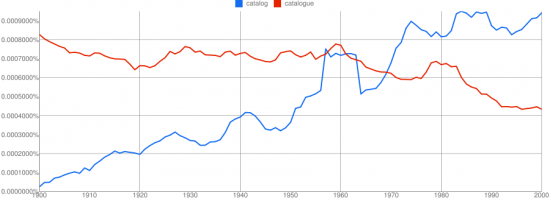For screenwriters, John McWhorter’s TEDTalk on texting grammar is a useful reminder of the differences between how people talk and how they write.
Speech is made up of word clusters with no discrete punctuation. Because speech is almost always dialogue — you’re usually speaking *with* somebody — it’s structured in a way that allows interruption.
Compare that to written language, which is by its nature a unbroken monologue with punctuation to demarcate how thoughts should fit together, allowing complex sentences like this one with nested clauses (and even parenthetical asides) that you’d likely never attempt in speech.
As screenwriters, we’re often writing speech. Our goal is to make it feel unwritten.
With dialogue, I generally aim for a slightly optimized version of how people would actually talk. That is, I consider many ways a character could express an idea in that given moment and choose the one that works best. Not only am I looking at the “meat” of the line — the reason why they’re saying it — but also how the line ends. Ideally, each line of dialogue invites the next line, either through an implied question or challenge (“You wouldn’t say he’s arrogant, though.”), or patterns that suggest what’s to follow.
MARY
I just adore Reggie! His wit, his charm...
TOM
His money.
MARY
His money is adorable.
The danger is that being too clever can make something feel written — the audience becomes aware of the writer, rather than the character. You have to consider the genre and the audience. One of the most sobering jobs in a rewrite is killing dialogue that is terrific but wrong.
Back to the video: McWhorter argues that texting is best thought of as “fingered speech.” It looks like writing, but it’s an emergent form of language that is quickly developing its own conventions. I buy it.
I also really enjoyed McWhorter’s earlier book, [Our Magnificent Bastard Tongue: The Untold History of English](http://www.amazon.com/gp/product/1592404944/ref=as\_li\_ss\_tl?ie=UTF8&camp=1789&creative=390957&creativeASIN=1592404944&linkCode=as2&tag=johnaugustcom-20). I [wrote more about that](http://johnaugust.com/2009/our-magnificent-bastard-tongue) back in 2009.
